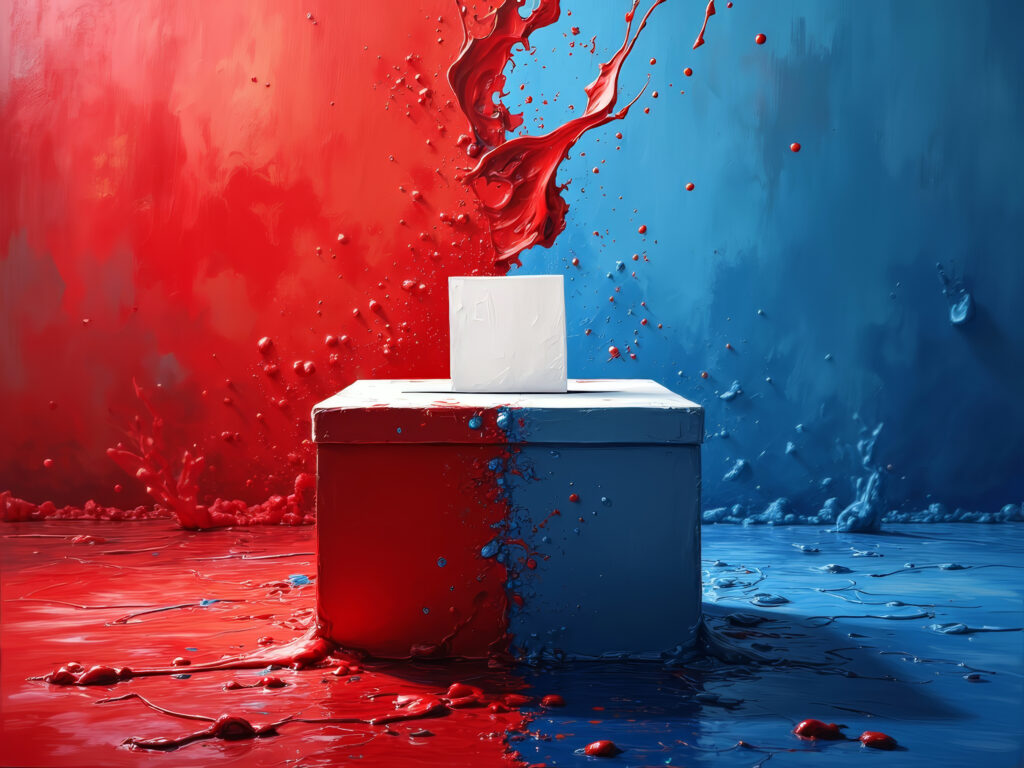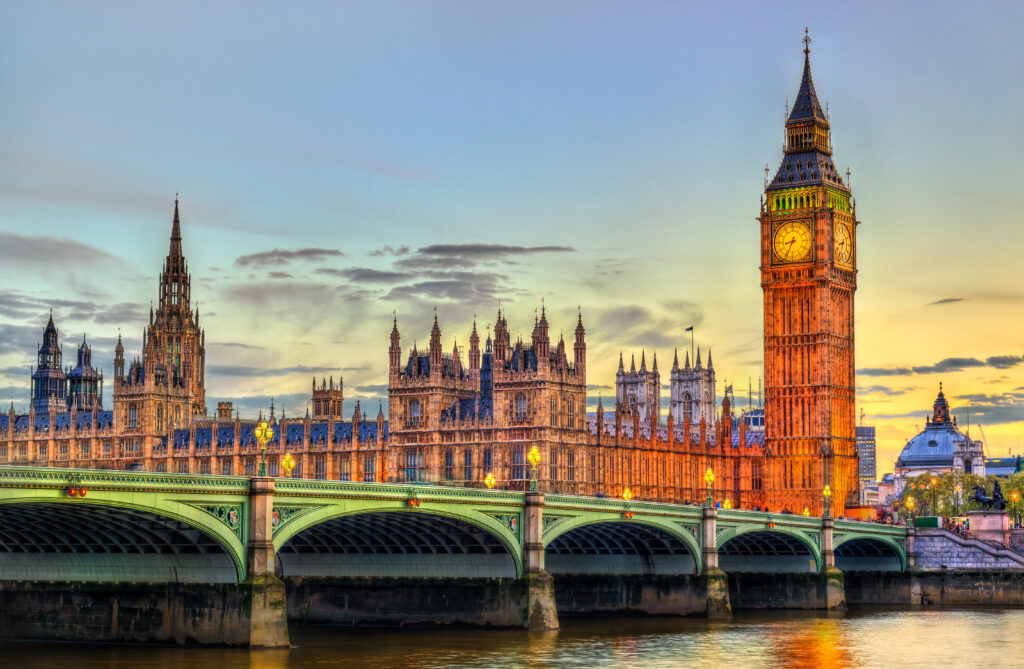 Maddy Davies
October 9, 2024
Maddy Davies
October 9, 2024
As November 5th approaches, Americans are faced with the challenge of electing their next president. Although Kamala Harris has been ahead of Donald Trump in the polls since entering the race in July, the question arises – to what extent can we trust the polls in predicting the electoral outcome?

Currently, Kamala is around 3 points ahead of Trump in national polls. However, whilst these national consensuses are a useful indication of a candidate’s overall popularity, they are not reliable for predicting an election. Due to the electoral college system — in which each state is given a number of votes roughly in line with the population — this means that particular states become battlegrounds in the election. In other words, although winning the most overall votes is possible, they must be won in the right places. In 2000 and 2016, the candidate with the most votes nationally lost the election because they didn’t win a combination of states that delivered the highest tally in the Electoral College. It is a complex and uniquely American system.
If we cannot accurately rely on national polls, can we trust the polls at all? It is a question many are raising after they were so famously off in 2020, predicting Biden a lead twice as large as he eventually won over Trump. In 2016, they similarly suggested that Ms. Clinton would sweep the key states needed for a comfortable win in the Electoral College. As such, contrary to their purpose, the polls’ recent performance has been slightly disordered and unpredictable.
So, if the polls are largely unreliable, what do they even show? The answer is plenty regarding the political temperature, less so concerning who is actually ahead in the race to be president. All things considered, this is likely an impossible task seeing as this is set to be the closest election in decades. Best of luck to the pollsters with their predictions!
Need rapid insights on voter opinions? Our flash polling delivers results fast. Get in touch today to learn more.














